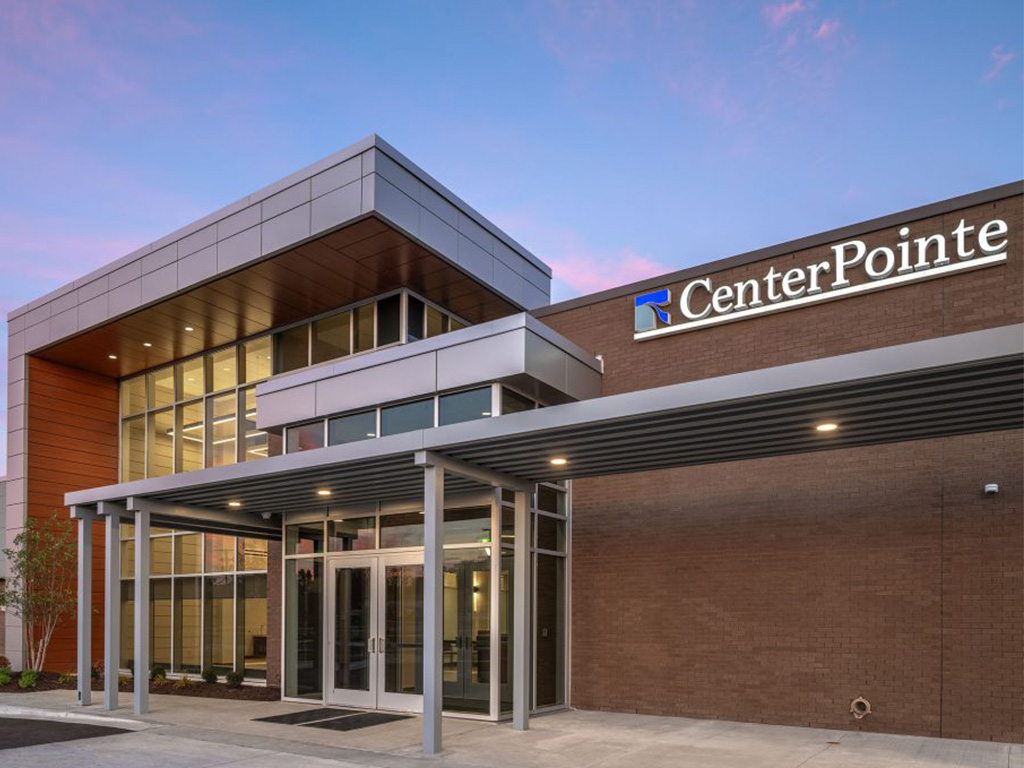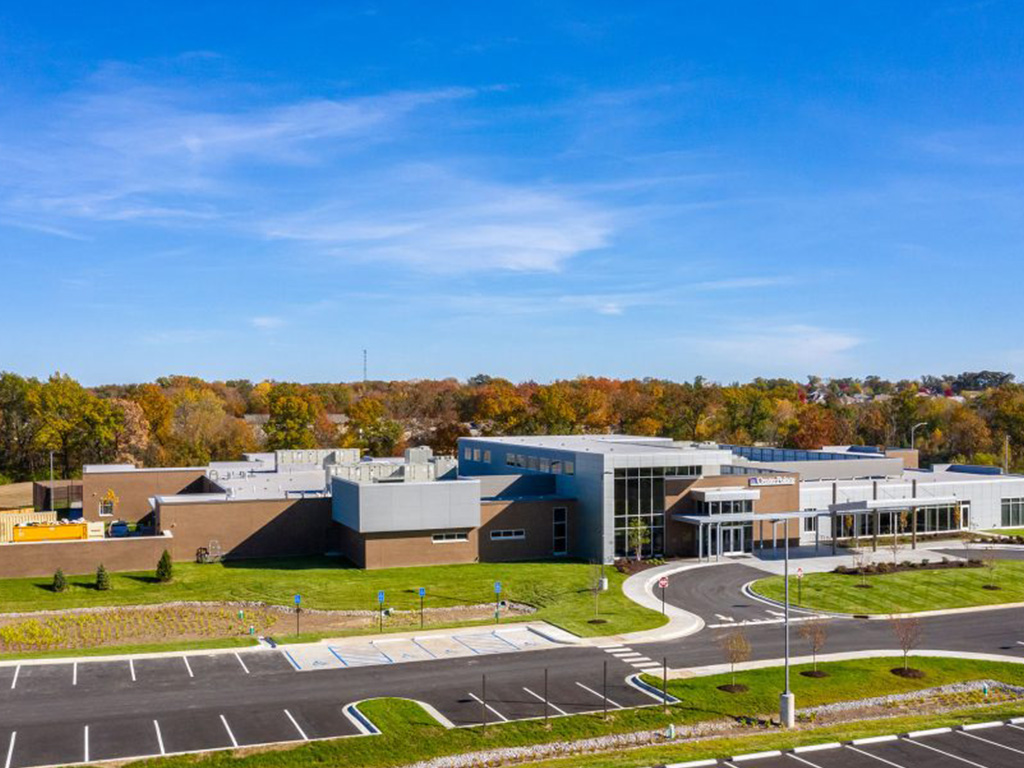Millions of people in the United States struggle with substance use disorders, which is the clinical term for addiction. Awareness and education are essential tools in the effort to combat this growing problem. When you understand the signs, symptoms, and effects of addiction, you may be better prepared to get help for yourself or connect a friend or family member with the care they need.
Signs & Symptoms of Addiction
According to the fifth edition of the Diagnostic and Statistical Manual of Mental Disorders (DSM-5), substance use disorder diagnoses are based on “a pathological pattern of behaviors related to the substance.” The DSM-5 also notes that addiction can cause changes in brain circuitry and bring about “a cluster of cognitive, behavioral, and physiological symptoms.”
In other words, addiction can change how a person thinks, acts, and feels. These changes can cause a person to exhibit the following signs and symptoms of addiction:
- Using the substance for a longer period of time or in larger amounts than they originally intended
- Spending a considerable amount of time acquiring, using, and recovering from the effects of the substance
- Having powerful cravings for the substance
- Failing to meet their personal, professional, or academic responsibilities due to their substance use
- Continuing to use the substance even after experiencing social or personal problems that are a direct result of prior substance use
- Frequently using the substance in ways that are clearly dangerous, such as combining substances or driving while under the influence of the substance
- Ending their involvement in hobbies, social events, or other important activities because of their substance use
- Developing tolerance, which means that they need to use greater amounts of the substance to experience the effects they could previously achieve with smaller doses
- Developing withdrawal symptoms, which are painful physical and psychological symptoms that arise when the person stops using the substance
- Having a persistent desire to end their substance use but being unable to do so
Addiction Causes & Risk Factors
The likelihood that someone will develop a substance use disorder can be influenced by their genetic makeup, their behaviors, and their environment. Potential risk factors for addiction include the following:
- Family history of substance abuse and addiction
- Family history of mental illness
- Genetic variations
- Personal struggles with certain mental illnesses
- Abuse, neglect, or other adverse childhood experiences (ACEs)
- Being attacked, assaulted, or otherwise traumatized
- Exposure to overwhelming stress
- Poor coping skills
- Associating with peers who abuse substances
- Living in a culture in which substance use is encouraged
- Personality traits such as impulsivity and novelty-seeking
- Taking prescription pain medications due to an injury or illness
Addiction Statistics
The drug abuse and addiction statistics listed below were reported by the Substance Abuse and Mental Health Services Administration (SAMHSA). These statistics were collected during the 2020 National Survey on Drug Use and Health:
- In 2020, 40.3 million people age 12 and older in the United States, or 14.5% of the population in this demographic group, met the criteria for a diagnosis of a substance use disorder.
- Among the people who had substance use disorders, 6.5 million had developed addictions to both alcohol and an illicit drug.
- Substance use disorders were most common among young adults ages 18-25. About 24.4% of those in this age range, or more than 8 million people, struggled with addiction.
- About 17 million adults age 18 and older, or 6.7% of this age group, had both a substance use disorder and a mental health disorder. Approximately 5.7 million of these adults had what SAMHSA defines as a serious mental illness.
- Only about 4 million people age 12 and older received any substance abuse treatment in the previous 12 months.
Effects of Addiction
Addiction can impact different people in different ways depending on factors such as their age, which type of substance use disorder they have developed, and how long they have been struggling with addiction. With these caveats in mind, here are some common potential effects of untreated addiction:
- Conflicts with family members, friends, and colleagues
- Ruined relationships, which can include separation and divorce
- Loss of child custody
- Poor performance in school and at work
- Academic failure
- Job loss
- Long-term unemployment
- Financial difficulties
- Cognitive impairments
- Cardiovascular problems
- Damage to the liver, kidneys, and other organs
- Malnutrition
- Physical injuries due to actions taken while under the influence of the substance
- Medical problems that result from poor self-care
- Developing one or more co-occurring mental health disorders
- Homelessness
- Overdose
- Suicidal ideation
- Death
Withdrawal Symptoms
When a person develops an addiction, their body adapts to the presence of the substance they have been abusing. If that person cannot use the substance for a certain period of time, or if they try to stop using it, they may experience various types of physical and emotional pain. This is known as withdrawal.
Depending on which substance a person has been abusing, they may develop the following withdrawal symptoms:
- Intense drug cravings
- Heavy perspiration
- Hot flashes or chills
- Racing heart rate
- Muscle and bone pain
- Abdominal cramping
- Nausea, vomiting, and diarrhea
- Tics and tremors
- Anxiety
- Agitation
- Depression
- Paranoia
- Psychosis
If a person tries to stop using a substance on their own, they may quickly become overwhelmed by the distress of withdrawal. When they get comprehensive care from a reputable provider, they can receive professional help to complete the withdrawal process safely and with as little discomfort as possible.
Overdose Symptoms
Drug overdoses are a growing problem in the United States. According to the Centers for Disease Control and Prevention (CDC), the annual number of drug overdose deaths in the U.S. increased by a stunning 126% between 2014 and 2021. In 2014, there were 47,523 overdose deaths in the U.S. In 2021, the CDC recorded 107,625 deaths due to drug overdoses.
Overdose occurs when a person ingests more of a substance than their body can safely metabolize. The following are common overdose symptoms:
- Slow or shallow breathing
- Faint pulse
- Extreme disorientation
- Loss of consciousness
- Inability to be awakened
- Seizure
- Bluish coloration around lips or fingertips
Anyone who exhibits overdose symptoms needs prompt medical attention. If you suspect that someone has overdosed, do not ignore your concerns or delay your response. Call 911 or summon a local emergency responder immediately.
What Happens if I Have an Addiction Relapse?
Addiction is a chronic disease. This means that it is not a curable condition. Instead, when you receive care at CenterPointe Hospital of Columbia, your team will help you learn to manage the cravings and urges that are characteristic of this disorder. In therapy, you can develop skills and strategies to help you remain in recovery.
Therapy can also teach you how to respond to setbacks and disappointments in the healthiest possible manner. This includes understanding what to do if you have a relapse.
One of the harsh truths about addiction is that many people relapse after they have completed care. However, this doesn’t mean that the time they spent in the program was wasted, nor does it indicate that they have somehow failed.
If you have a relapse, the lessons you learned while you were in our care can help you prevent a minor slipup from becoming a major problem. You will be able to assess the situation, identify the root cause of the problem, and determine the corrective action you need to take.
The ideal response to a relapse may involve having an honest conversation with a trusted friend, scheduling an extra appointment with a therapist, or attending a few additional support group meetings. It might also include returning to our hospital for follow-up care.
What’s most important is that, thanks to the care you received and the work you put in, you will be able to take responsibility for your actions, get the help you need, and resume your recovery journey.
This content was written on behalf of and reviewed by the clinical staff at CenterPointe Hospital of Columbia.














